In a major festival upset last night, the Taviani brothers Paolo and Vittorio won the 2012 Berlinale’s best-film award, the Golden Bear. Their film, Cesare deve morire (Caesar Must Die), defies categories. Set in Rome’s Rebibbia maximum security jail, this extraordinary hour and a quarter charts the making by inmates of a production of Shakespeare’s Julius Caesar.
The sheer daring and troubling intimacy the directors bring to the dozen-plus prisoners’ engagement with drama clearly knocked sideways the Berlin jury, headed by Mike Leigh. There was much else to choose from, including Barbara, a more regular feature (and frontrunner, it was thought) by the German Christian Petzold, who won Best Director.
From hardened criminals to kids: there were lots of children around the festival this year. In one of the showier first weekend screenings, young Thomas Horn ran through New York like a satchelled brat out of hell in the 9/11 threnody, Extremely Loud and Incredibly Close. It is, as an artsdesk colleague has already proposed, an unsatisfactory affair. Much edgier kid stuff came from Spain in the form of Dictado by Antonio Chavarrías. Things seem normal for Daniel (Juan Diego Botto) and Laura, two teachers living together; they don’t have children but Laura yearns to be a mother. An old friend of Daniel’s, Mario, visits Daniel to remind him of some awkward plot from the past. Mario then climbs into a bath with his little daughter Julia (Mágica Pérez) and slits his wrists.
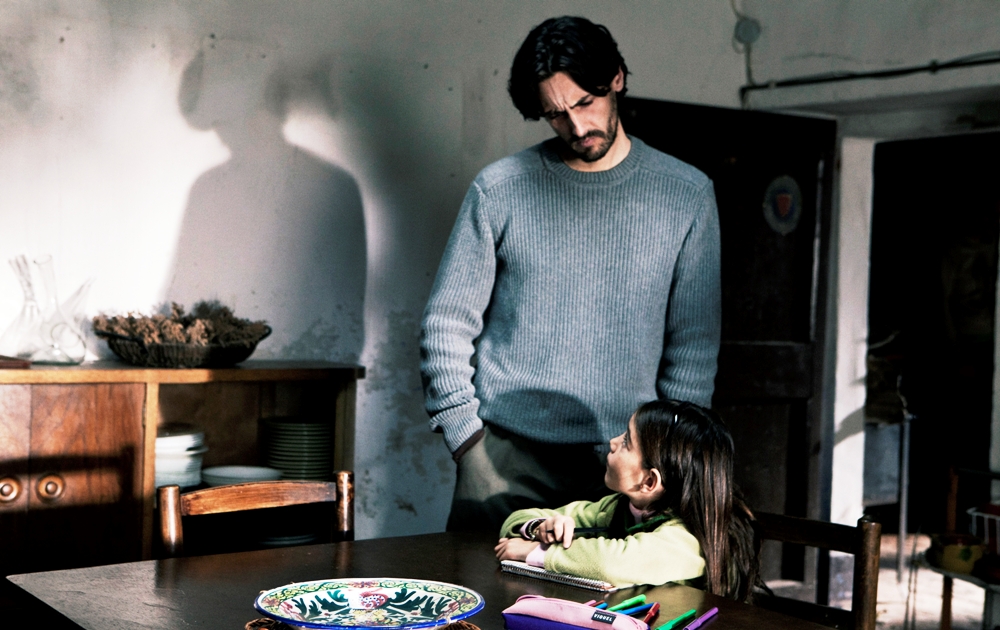
More, sad to report, of civil war shortly, but a really affecting French Swiss movie with a boy – Kacey Mottet Klein, playing Simon – is L’enfant d’en haut ("Sister” in English, which alters the character focus). Simon and his impoverished sister Louise (Léa Seydoux, with Kacey Mottet Klein, below right) live in a block in a dreary plain beneath a ski resort. Louise is probably a hooker and might be on drugs. Simon finances their diminished existence by stealing skis up on the slopes and selling them to mates, and tells whoppers about his parentage. It turns out that Louise is not his sister but his... yes...
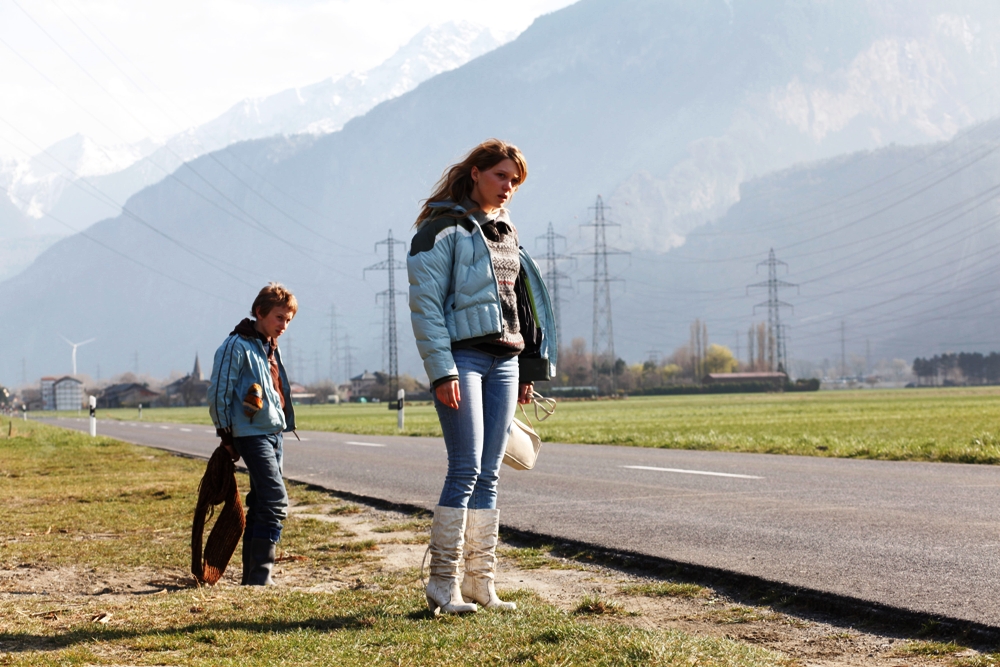
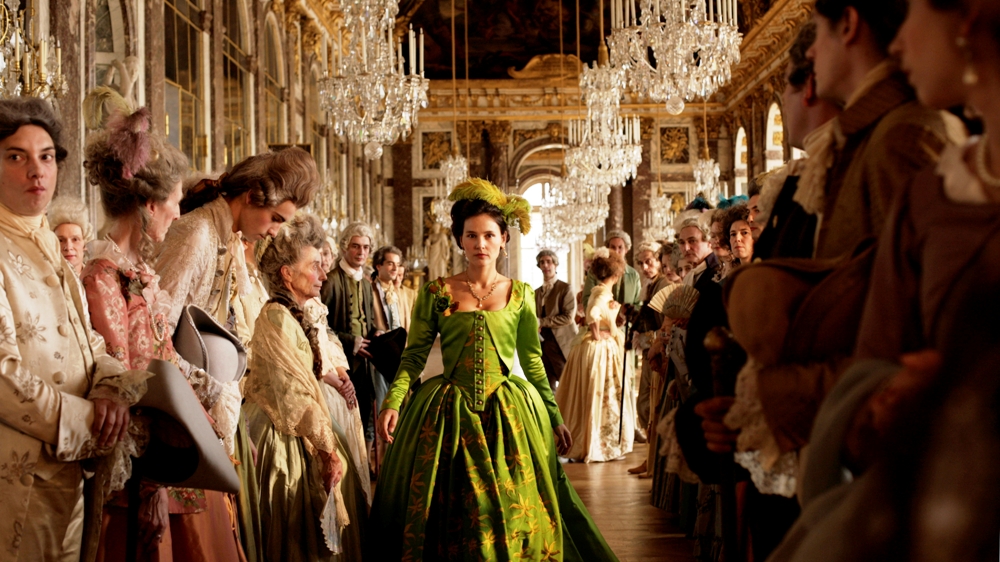
Angelina Jolie’s out-of-competition, writer-directorial debut, In the Land of Blood and Honey, set at the start the Balkan wars, is a conundrum. In festival terms, her presence in Berlin over the first weekend to promote it, and to party with Brad Pitt, added more glamour to bubbling glamour. Her defence of the film in the press conference and later in a chat with Bosnian director Jasmila Žbanić was honest and thoughtful. The film also got a standing ovation from an audience of 5,000 in Sarajevo after the Berlin screenings; but it has been blackballed in Republika Srpska, and Jolie has received threats in the post and online.
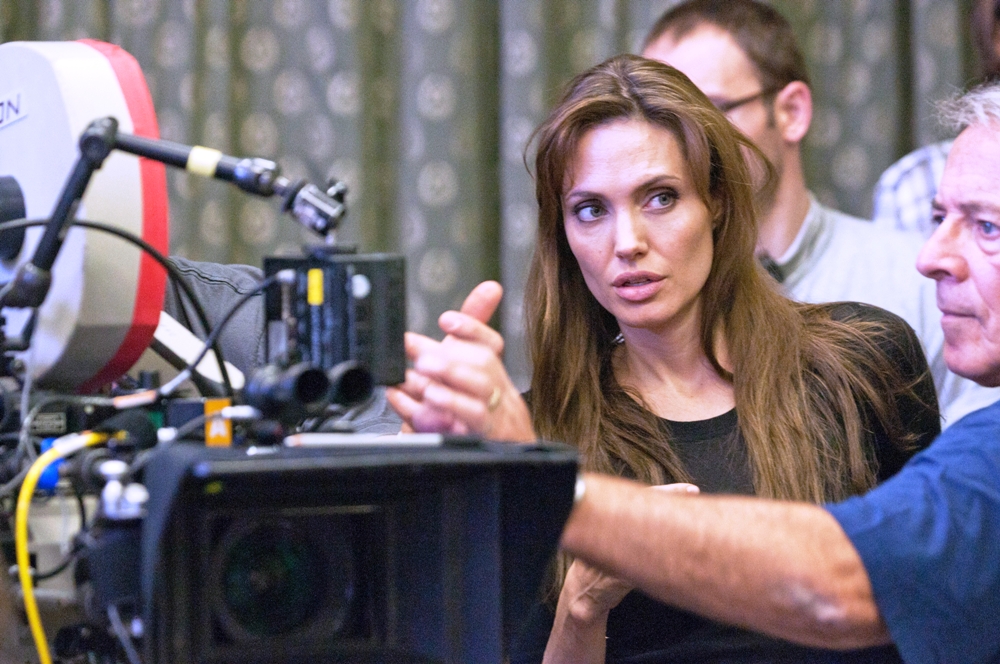
Jolie’s courage doesn’t disguise her being a novice writer. She should learn from Christian Petzold. Barbara is his fifth feature with Nina Hoss, one of the most charismatic actresses working in European film and theatre, and it is his strongest to date. Barbara’s a doctor, “relocated” in 1980 from East Berlin to a dowdy Baltic town after requesting official exit from the German Democratic Republic. Finding a sympathetic ear in hospital consultant André (Ronald Zehrfeld), she plots a real escape, by sea to Denmark. André is required to report on her but stirrings between them awaken. In a wonderfully executed twist at the end, the destiny of a younger female rebel whom Barbara has helped fight meningitis in hospital keeps hope in this story alive.
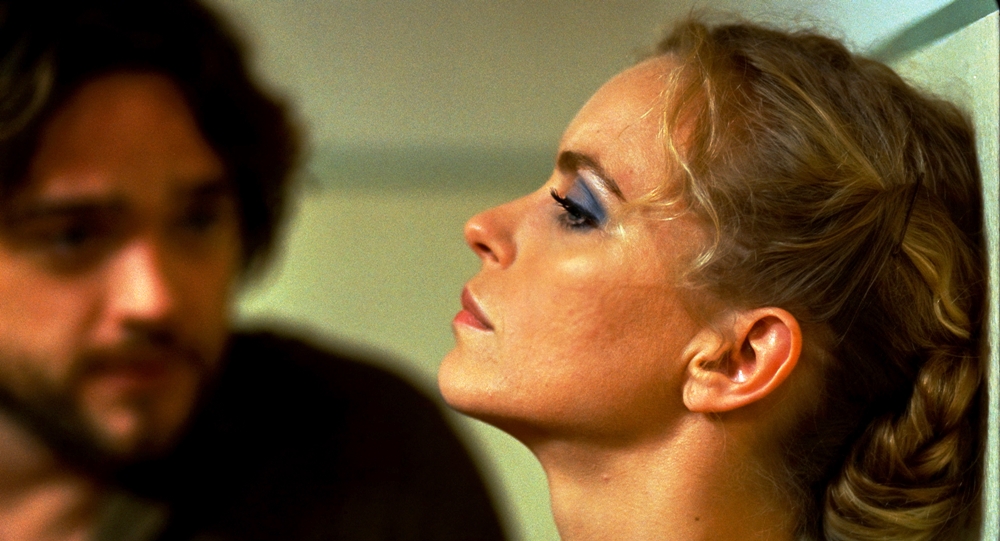














Add comment